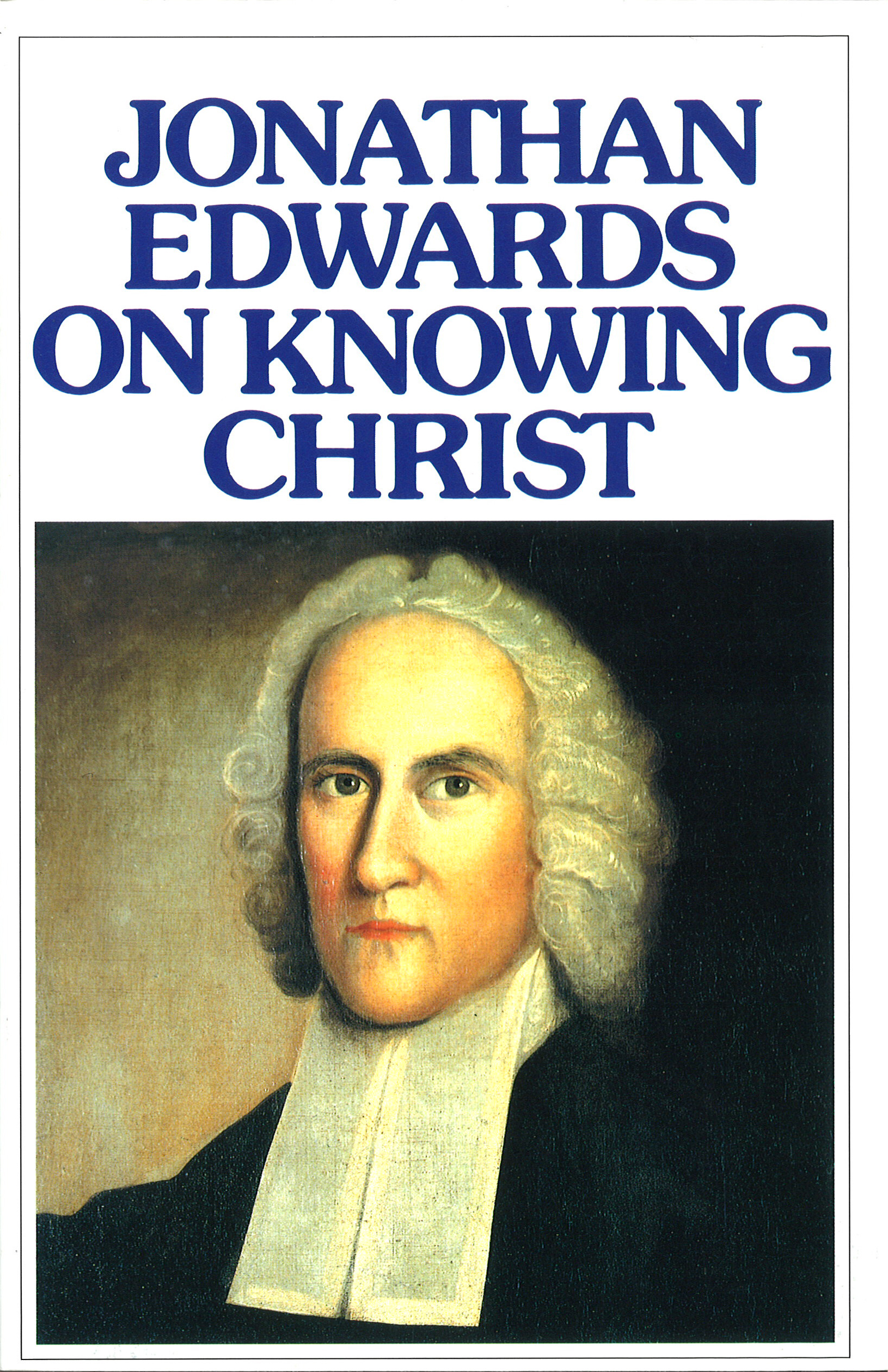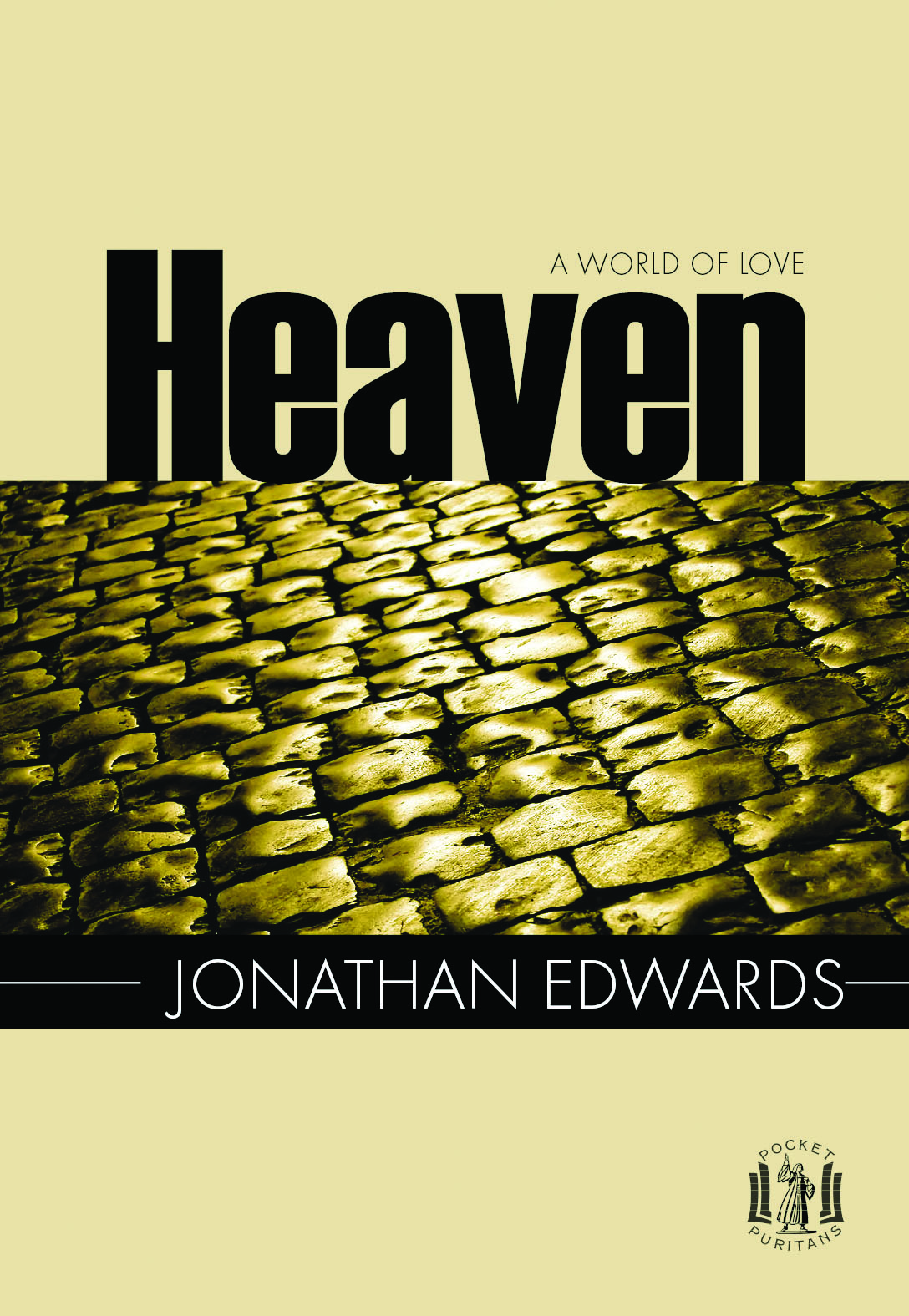God In The Hands Of Angry Sinners
Perhaps the most famous sermon ever preached in America was the one Jonathan Edwards delivered entitled Sinners in the hands of an Angry God. Not only has the sermon been reproduced in countless catalogues of preaching but it is included in most anthologies of early American literature. So scandalous is this vivid portrayal of unconverted man’s precarious state under the threat of hell that some modern analysts have called it utterly sadistic.
Edwards’ sermon is filled with graphic images of the fury of divine wrath and the horror of the relentless punishment of the wicked in hell. Such sermons are out of vogue in our age and generally considered in poor taste and based on a pre-enlightened theology. Sermons stressing the fierce wrath of a holy God aimed at the impenitent hearts of men do not fit with the civic meeting hall atmosphere of the local church. Gone are the Gothic arches; gone are the stained-glass windows; gone are the sermons that stir the soul to moral anguish. Ours is an upbeat generation with the accent on self-improvement and a broad-minded view of sin. Our thinking goes like this: If there is a God at all, he is certainly not holy. If he is perchance holy, he is not just. Even if he is both holy and just, we need not fear because his love and mercy override his holy justice. If we can stomach his holy and just character, we can rest in one thing: he cannot possess wrath.
If we think soberly for five seconds, we must see our error. If God is holy at all, if God has an ounce of justice in his character, indeed if God exists as God, how could he possibly be anything else but angry with us? We violate his holiness; we insult his justice; we make light of his grace. These things can hardly be pleasing to him.
Edwards understood the nature of God’s holiness. He perceived that unholy men have much to fear from such a God. Edwards had little need to justify a scare theology. His consuming need was to preach it; to preach it vividly, emphatically, convincingly, and powerfully. He did this not out of a sadistic delight in frightening people, but out of compassion. He loved his congregation enough to warn them of the dreadful consequences of facing the wrath of God. He was not concerned with laying a guilt trip on his people but with awakening them to the peril they faced if they remained unconverted.
Let us take a moment to peruse a section of the sermon to get but a taste of its flavour:
The God that holds you over the pit of hell, much as one holds a spider; or some loathsome insect, over the fire, abhors you, and is dreadfully provoked: his wrath towards you burns like fire; he looks upon you as worthy of nothing else, but to be cast into the fire; he is of purer eyes than to bear to have you in his sight; you are ten thousand times more abominable in his eyes, than the most hateful venomous serpent is in ours. You have offended him infinitely more than ever a stubborn rebel did his prince; and yet, it is nothing but his hand that holds you from falling into the fire every moment. It is to be ascribed to nothing else, that you did not go to hell the last night; that you were suffered to awake again in this world, after you closed your eyes to sleep. And there is no other reason to be given, why you have not dropped into hell since you arose in the morning, but that God’s hand has held you up. There is no other reason to be given why you have not gone to hell, since you have sat here in the house of God, provoking his pure eyes by your sinful wicked manner of attending his solemn worship. Yea, there is nothing else that is to be given as a reason why you do not this very moment drop down into hell.
O sinner! consider the fearful danger you are in: it is a great furnace of wrath, a wide and bottomless pit, full of the fire of wrath, that you are held over in the hand of that God, whose wrath is provoked and incensed as much against you, as against many of the damned in hell. You hang by a slender thread, with the flames of divine wrath flashing about it, and ready every moment to singe it, and burn it asunder; and you have no interest in any Mediator, and nothing to lay hold of to save yourself, nothing to keep off the flames of wrath, nothing of your own, nothing that you ever have done, nothing that you can do, to induce God to spare you one moment.
The pace of the sermon is relentless. Edwards strikes blow after blow to the conscience-stricken hearts of his congregation. He draws graphic images from the Bible, all designed to warn sinners of their peril. He tells them that they are walking on slippery places with the danger of falling from their own weight. He says that they are walking across the pit of hell on a wooden bridge supported by rotten planks that may break at any second. He speaks of invisible arrows, which like a pestilence, fly at noonday. He warns that God’s bow is bent and that the arrows of his wrath arc aimed at their hearts. He describes the wrath of God that is like great waters rushing against the floodgates of a dam. If the dam should break, the sinners would be inundated by a deluge. He reminds his hearers that there is nothing between them and hell but air:
Your wickedness makes you as it were heavy as lead, and to tend downwards with great weight and pressure towards hell and if God should let you go, you would immediately sink and swiftly descend and plunge into the bottomless gulf; and your healthy constitution, and your own care and prudence, and best contrivance, and all your righteousness, would have no more influence to uphold you and keep you out of hell than a Spider’s web would have to stop a falling rock.
In the application section of the sermon Edwards places great stress on the nature and severity of God’s wrath. Central to his thinking is the clear notion that a holy God must also be a wrathful God. He lists several key points about the wrath of God that we dare not overlook.
1. Whose wrath it is: The wrath of which Edwards preached was the wrath of an infinite God. He contrasts God’s wrath with the anger of men or the wrath of a king for his subject. Human wrath terminates. It has an ending point. It is limited. God’s wrath can go on forever.
2. The fierceness of God’s wrath: The Bible repeatedly likens God’s wrath to a winepress of fierceness. In hell there is no moderation or mercy given. God’s anger is not mere annoyance or a mild displeasure. It is a consuming rage against the unrepentant.
3. It is an everlasting wrath: There is no end to the anger of God directed against those in hell. If we had any compassion for our fellow men, we would wail at the thought of a single one of them falling into the pit of hell. We could not stand to hear the cries of the damned for five seconds. To be exposed to God’s fury for a moment would be more than we could bear. To contemplate it for eternity is too awful to consider. With sermons like this we do not want to be awakened. We long for blissful slumber, for the repose of tranquil sleep.
The tragedy for us is that in spite of the clear warnings of Scripture, and of the sober teaching of Jesus on this subject, we continue to be at ease in Zion with respect to the future punishment of the wicked. If God is to be believed at all we must face the awful truth that someday his furious wrath will be poured out.
Edwards observed:
Almost every natural man that hears of hell flatters himself that he shall escape it; he depends upon himself for his own security; he flatters himself in what he has done, in what be is now doing, or what he intends to do. Every one lays out matters in his own mind how he shall avoid damnation, and flatters himself that he contrives well for himself and that his schemes will not fail.
How do we react to Edwards’ sermon? Does it provoke a sense of fear? Does it make us angry? Are we feeling like a multitude of people who have nothing but scorn for any ideas about hell and everlasting punishment? Do we consider the wrath of God as a primitive or obscene concept? Is the very notion of hell an insult to us? If so, it is clear that the God we worship is not a holy God: Indeed he is not a God at all. If we despise the justice of God, we are not Christians. We stand in a position which is every bit as precarious as the one which Edwards so graphically described. If we hate the wrath of God, it is because we hate God himself. We may protest vehemently against these charges but our vehemence only confirms our hostility toward God. We may say emphatically, ‘No, it is not God I hate; it is Edwards that I hate. God is altogether sweet to me. My God is a God of love.’ But a God of love who has no wrath is no God. He is an idol of our own making as much as if we carved him out of stone.
This sermon in its fullness is available in the two volume Works of Jonathan Edwards published by the Banner of Truth.
More From Jonathan Edwards

The Works Of Jonathan Edwards
2 Volume Set
Description
Perhaps the most famous sermon ever preached in America was the one Jonathan Edwards delivered entitled Sinners in the hands of an Angry God. Not only has the sermon been reproduced in countless catalogues of preaching but it is included in most anthologies of early American literature. So scandalous is this vivid portrayal of unconverted […]

Description
Perhaps the most famous sermon ever preached in America was the one Jonathan Edwards delivered entitled Sinners in the hands of an Angry God. Not only has the sermon been reproduced in countless catalogues of preaching but it is included in most anthologies of early American literature. So scandalous is this vivid portrayal of unconverted […]

Heaven
A World of Love
Description
Perhaps the most famous sermon ever preached in America was the one Jonathan Edwards delivered entitled Sinners in the hands of an Angry God. Not only has the sermon been reproduced in countless catalogues of preaching but it is included in most anthologies of early American literature. So scandalous is this vivid portrayal of unconverted […]
Latest Articles
Corporate Worship: 10 Benefits for Our Children 9 August 2024
Having your children with you in worship can be hard. It can be hard for the parents, for the children, and for the rest of the congregation. The squirming, the shuffling of papers, the loud whispers, and the louder cries, all can make it challenging to have our children with us in corporate worship. But […]
A Call to Preserve Evening Worship Services 26 July 2024
The following was published as ‘Preserve Evening Worship Services!’ in the October 2007 edition of the Banner of Truth Magazine (Issue 529). It was written by Michael G. Brown, who at the time was pastor of Christ United Reformed Church, Santee, CA. He currently pastors Chiesa Riformata Filadelfia in Milan, Italy. ‘Why do you go […]
